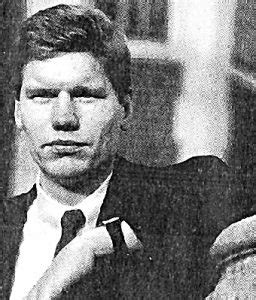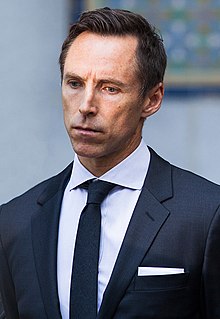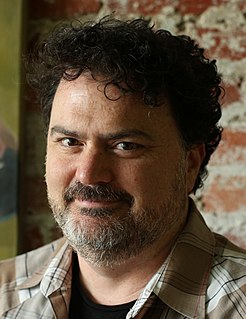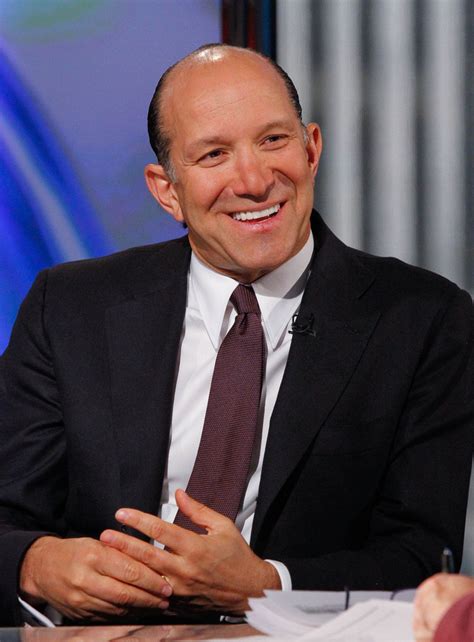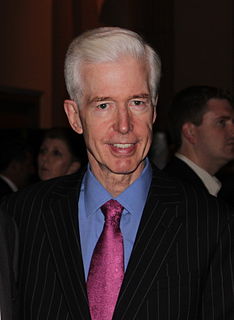A Quote by Masayoshi Son
Our proposal had more than just money. We would increase their staff and keep their headquarters, their brand and their management in place. We made them a comprehensive offer they couldn't refuse. Shareholders simply receive cash, but with the staff and management, we had to show that we could share the same vision. Employees would probably resent us if money were all [we offered].
Related Quotes
Why, just a couple of economic seasons ago, was idle cash considered an indication of bad management or lazy management? Because it meant that management didn't have this money out at work ... Now look. Presto! A new fashion! Cash is back in! Denigrating liquidity has dropped quicker than hemlines. A management is now saluted if it has some cash, some liquidity, doesn't have to go to the money market at huge interest rates to get the wherewithal to keep going and growing. Along with Ben Franklin, my father and your father would understand and applaud this new economic fashion.
JPMorgan was already, for the most part. Our businesses at JPMorgan share the same cash-management systems. The commercial bank, the private bank, the retail bank, they all use the branches. The cash-management system moves the money around the world - for global corporations, and for you, the consumer, too.
Good money management alone isn't going to increase your edge at all. If your system isn't any good, you're still going to lose money, no matter how effective your money management rules are. But if you have an approach that makes money, then money management can make the difference between success and failure.
You have the management team, coaching staff, film staff, analytics team, training staff and playing team, and you're trying to manage all that and it's overwhelming. And then you have the media responsibilities. I don't know that I help at all, but I would think my value would be to help provide more of a clear-headed view from the outside. It's not like I have huge opinions, but I do have my point of view and perspective.
The only beef Enron employees have with top management is that management did not inform employees of the collapse in time to allow them to get in on the swindle. If Enron executives had shouted, "Head for the hills!" the employees might have had time to sucker other Americans into buying wildly over-inflated Enron stock. Just because your boss is a criminal doesn't make you a hero.
The faster we grew, the more stores we had open, the more money we made. Employees move quickly up the ranks of a company that's growing fast. Shareholders made a lot of money. If you invested $25,000 from January 1987 to January 1994, you'd have more than a million dollars. I get a lot of personal satisfaction from that.
After 'Psychonauts,' we could have laid off half our team so that we'd have more money and time to sign 'Brutal Legend.' But doing so would have meant breaking up a team that had just learned how to work well together. And what message would that have sent to our employees? It would say that we're not loyal to them, and that we don't care.
In the age of activism that is clearly not going away, it would seem that some form of engagement from directors with shareholders - rather than directors simply taking their cues from management - would go a long way toward helping boards work on behalf of all shareholders rather just the most vocal.
I have a very close friend who is a brilliant clown, and I always wanted to do a show with him. So I did one year at La MaMa Theatre. I had not done stilts before that show, and I had about two weeks to learn how to do that, and they were just made with off-off Broadway money. The ones that I had in Rogue One were made by [Industrial Light & Magic]. So they were really easy. They were made with actual prosthetic feet on the bottom. They were athletic, in a way. I could run in them. There was a bounce to them that I could use.
Many people make the mistake of thinking that all the challenges in their lives would dissipate if they just had enough money. Nothing could be further from the truth. Earning more money, in and of itself, rarely frees people. It's equally ridiculous to tell yourself that greater financial freedom and mastery of your finances would not offer your greater opportunities to expand, share, and create value for yourself and others.




